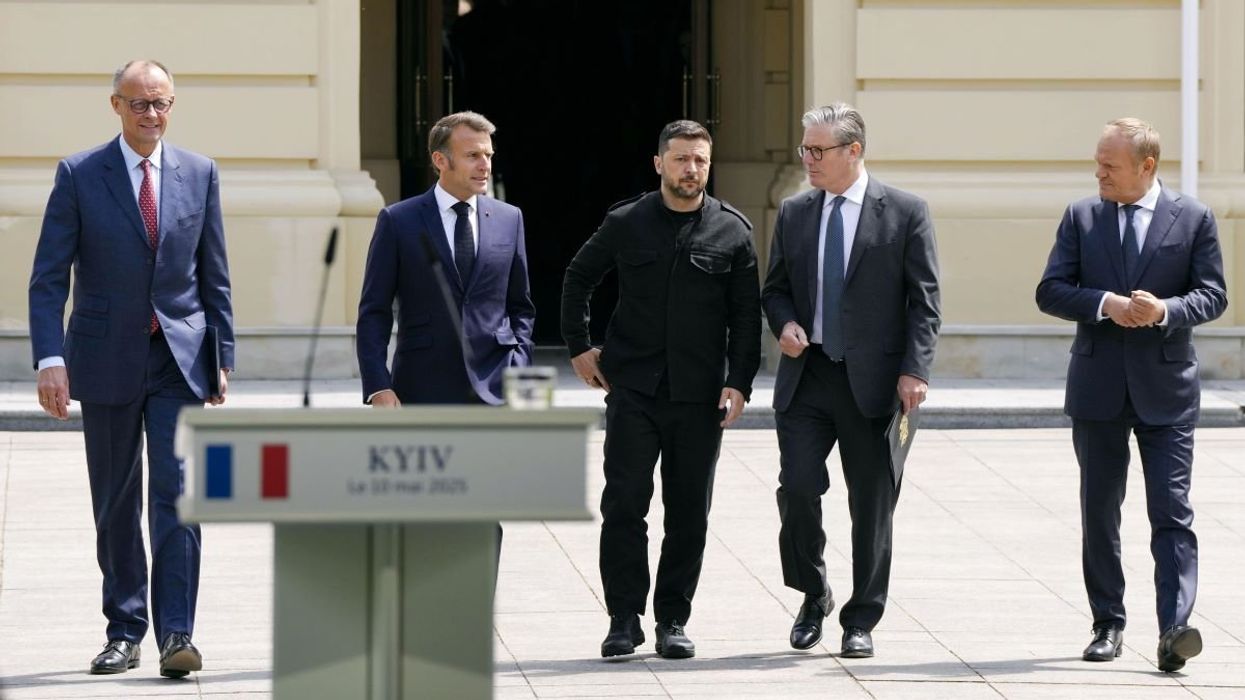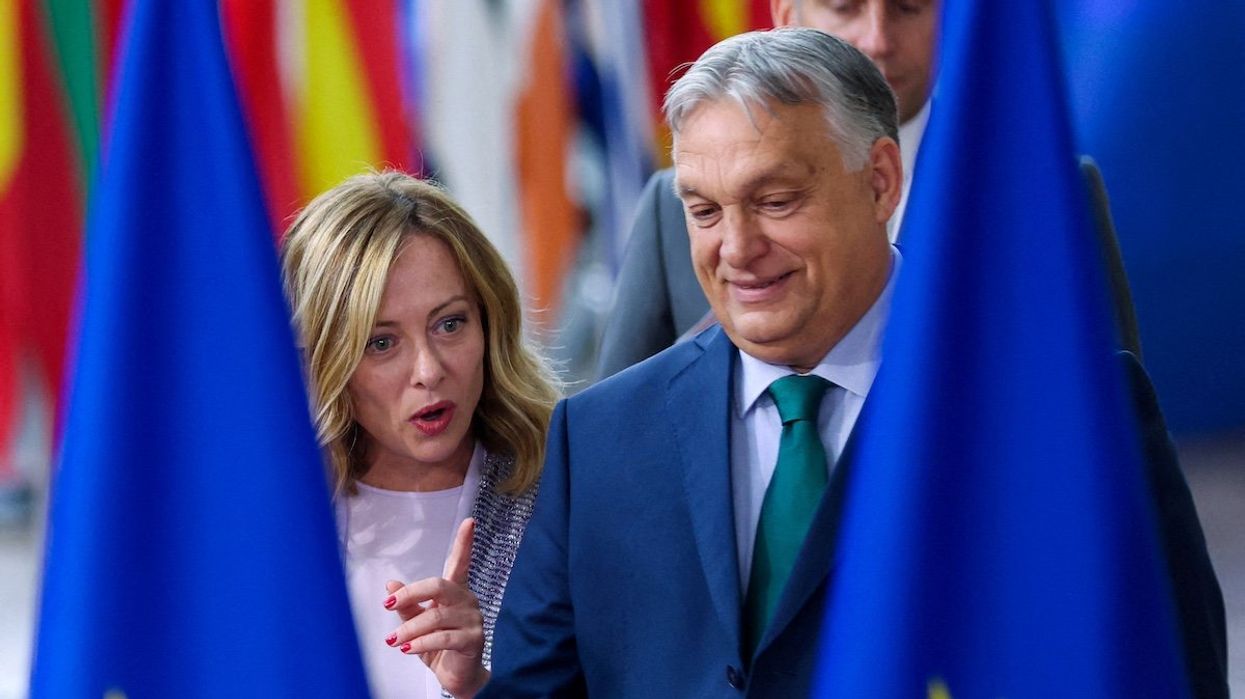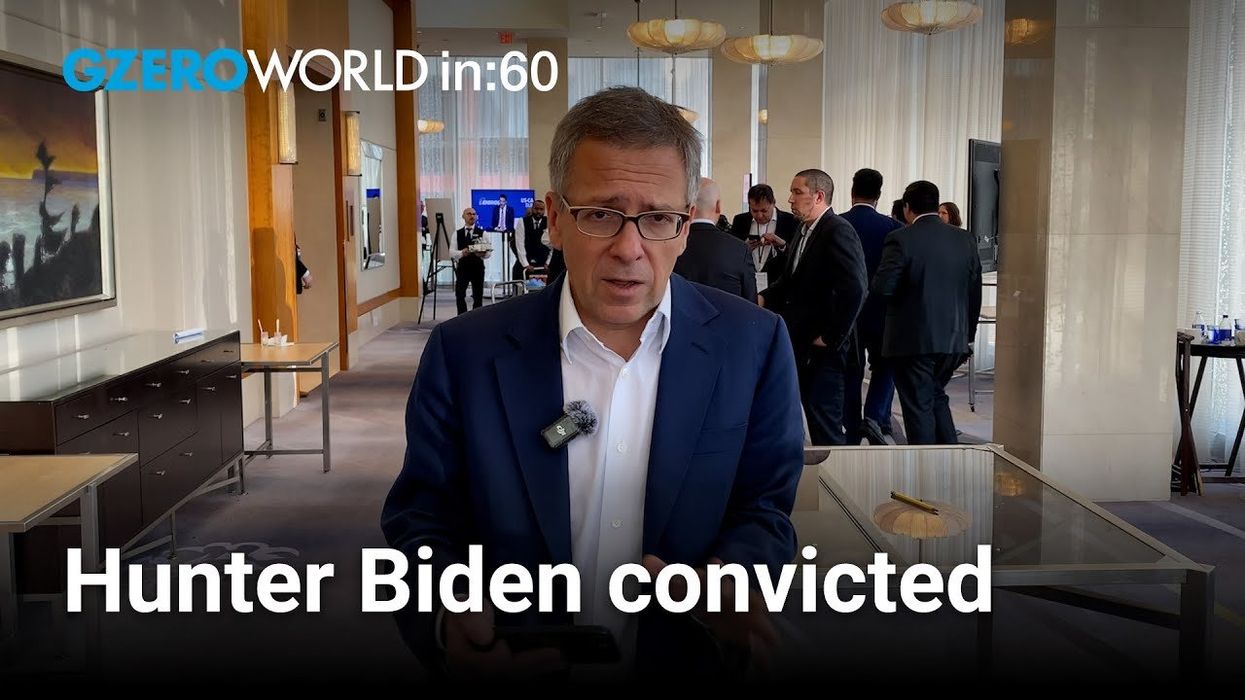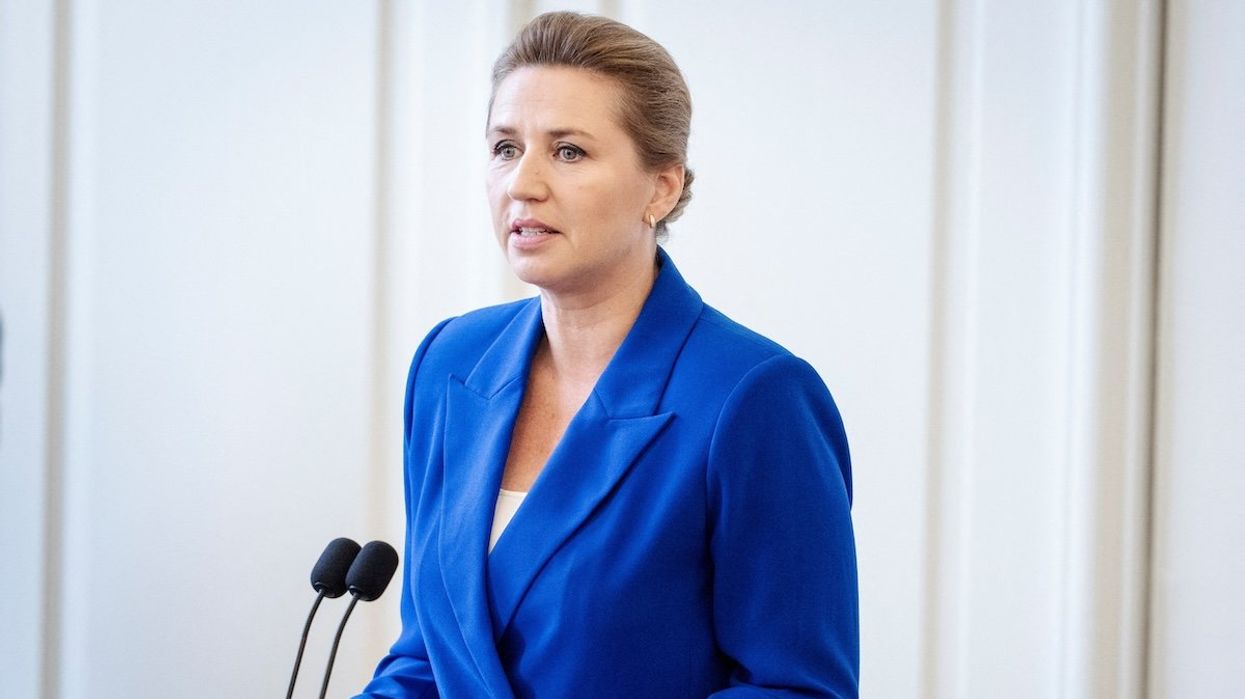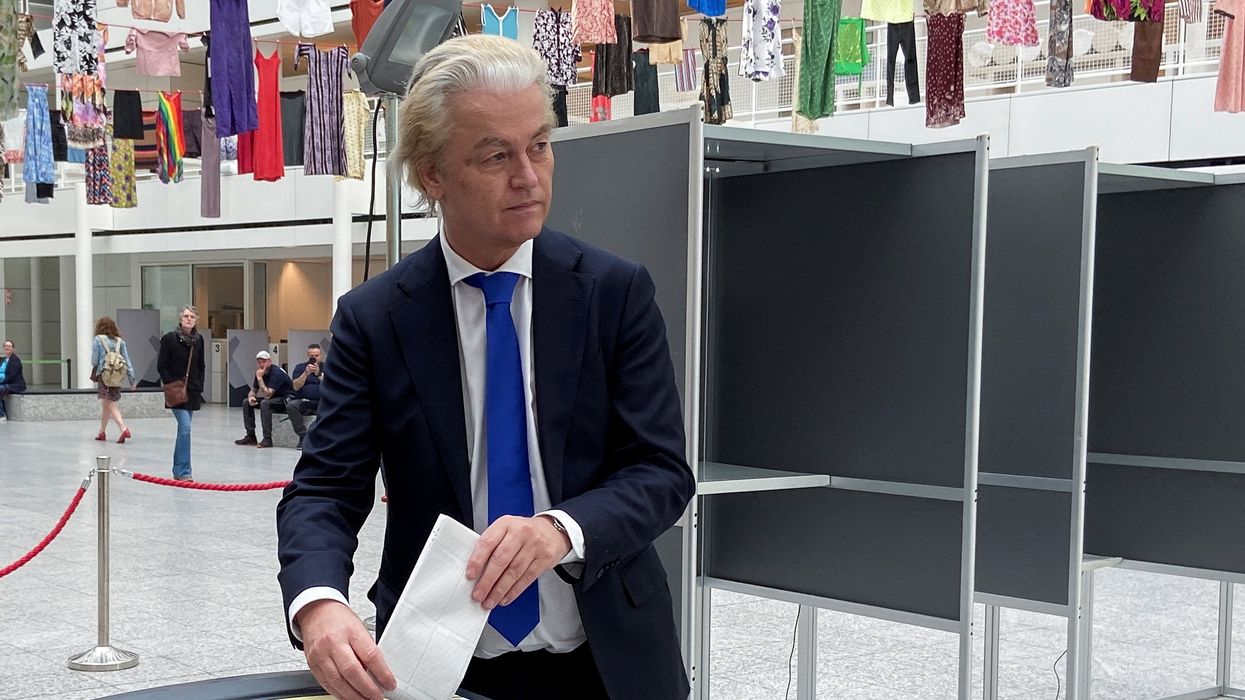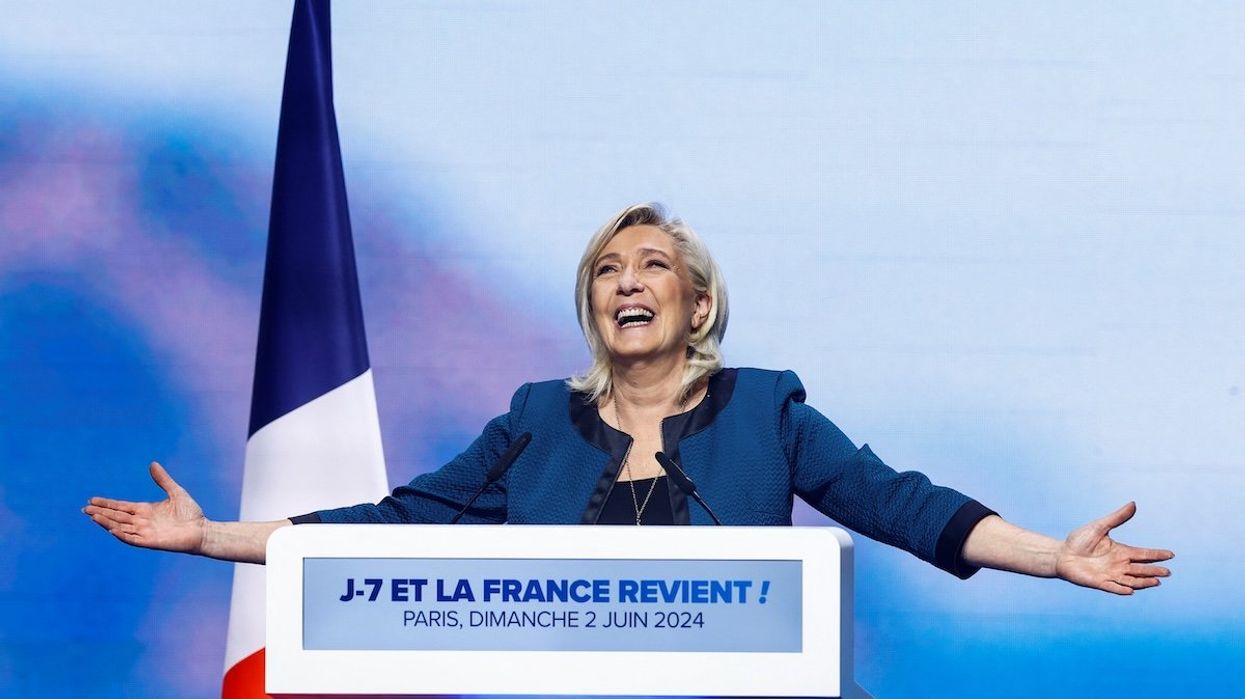What We're Watching
What We’re Watching: EU and India nab trade deal, US tells Ukraine to cede land swap for security guarantees, Social media faces landmark trial
After nearly 20 years of negotiations, the European Union and India struck a trade deal that will slash or remove tariffs from nearly 97% of all EU exports to India, and grant preferential entry to the European market for 99% of Indian products.
Jan 27, 2026



